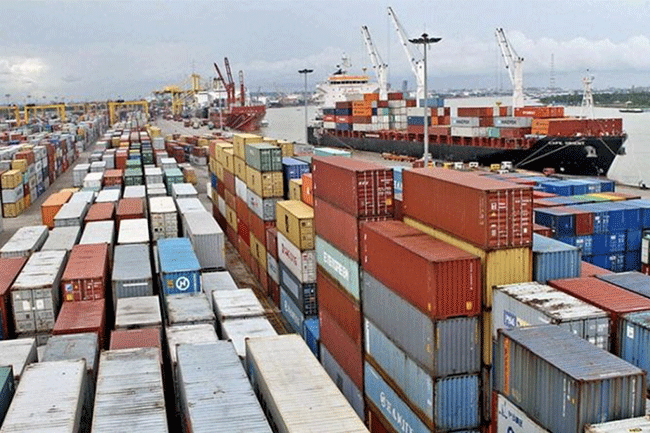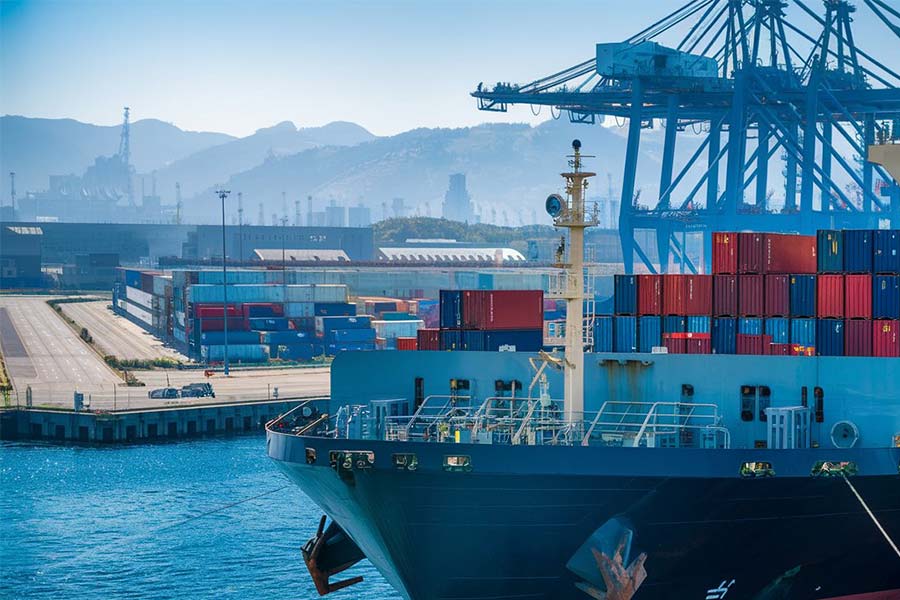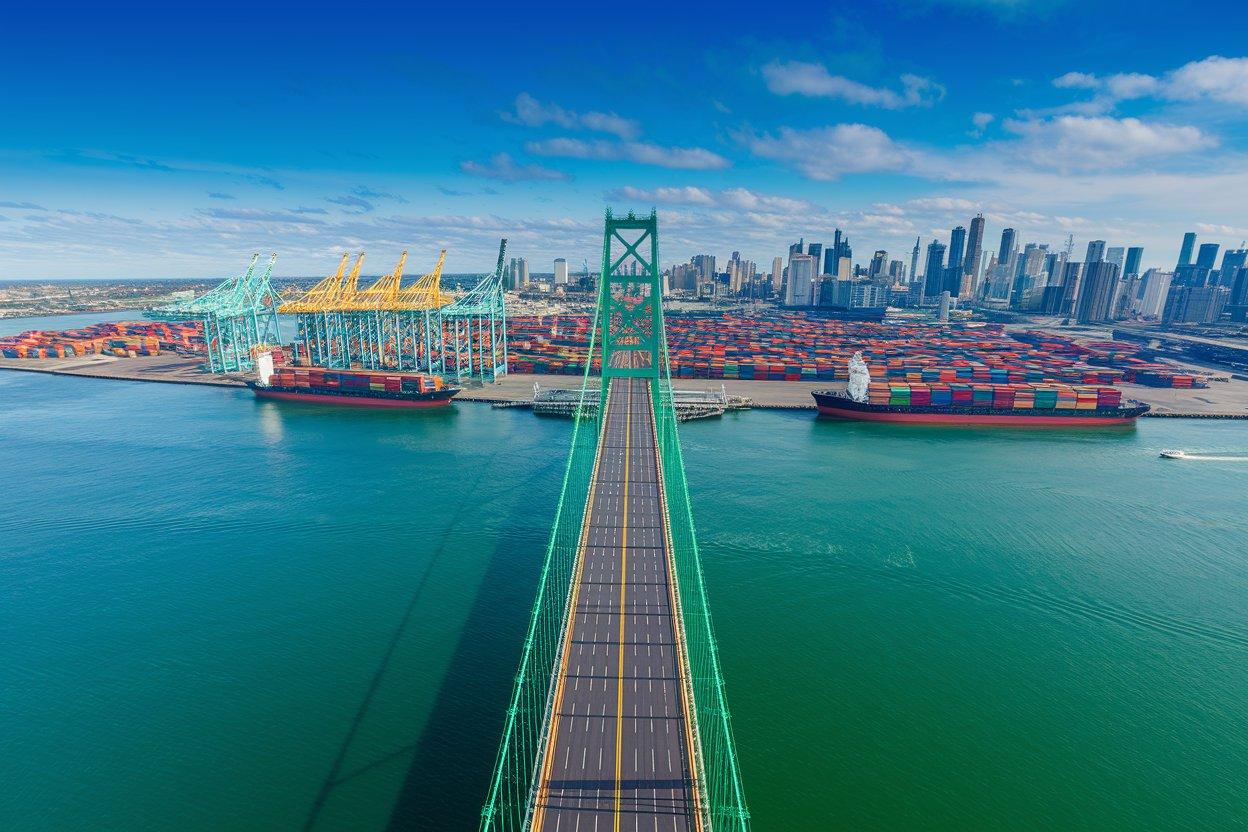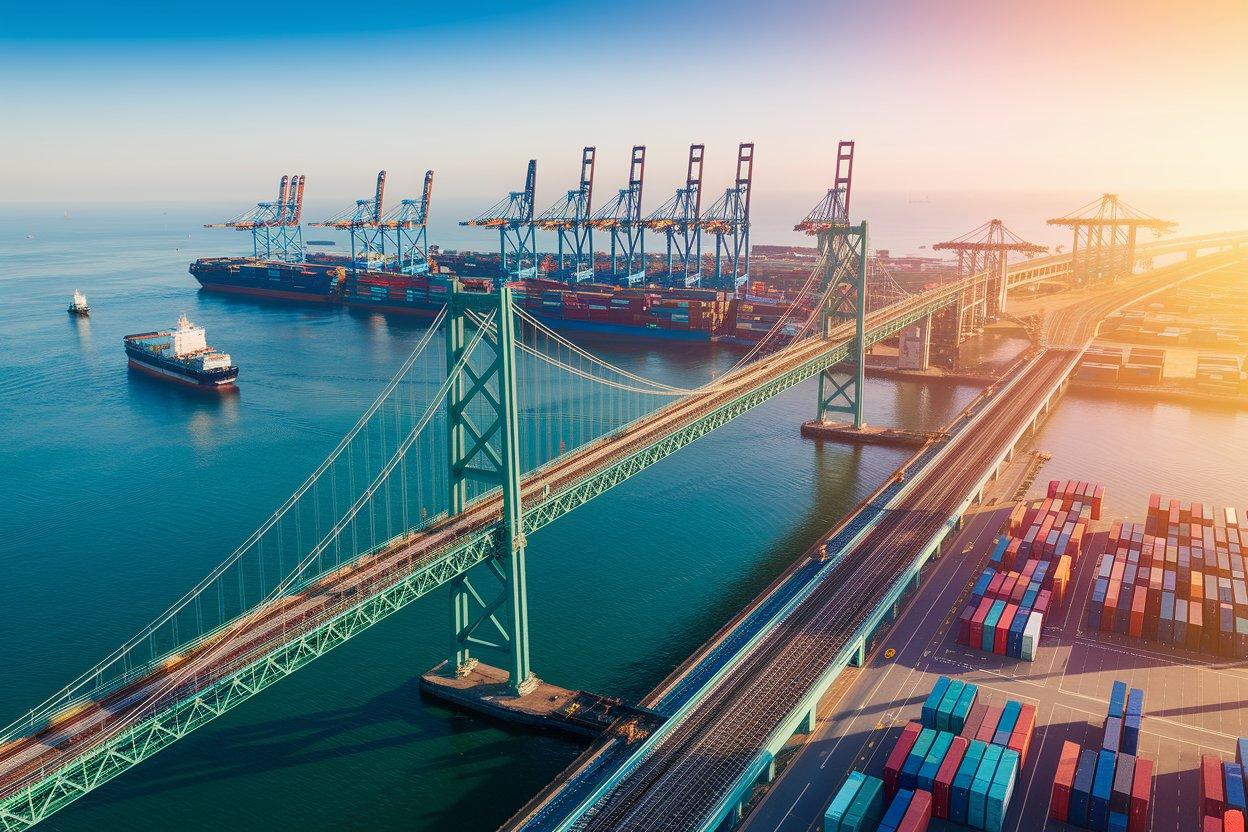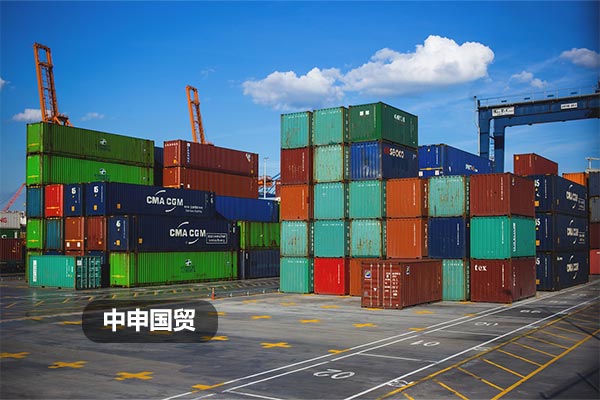- Shanghai Zhongshen International Trade Co., Ltd. - Two decades of trade agency expertise.
- Service Hotline: 139 1787 2118
In theforeign tradeimport and exportprocess, regardingwhether to choose direct customs brokers or agents for clearancehas been perplexing many. Essentially, this dilemma resembles the question Should we work with trading companies or manufacturers directly during procurement? - each option has merits and drawbacks suitable for different business needs and company types. Today, well examine which approach better suits your requirements.
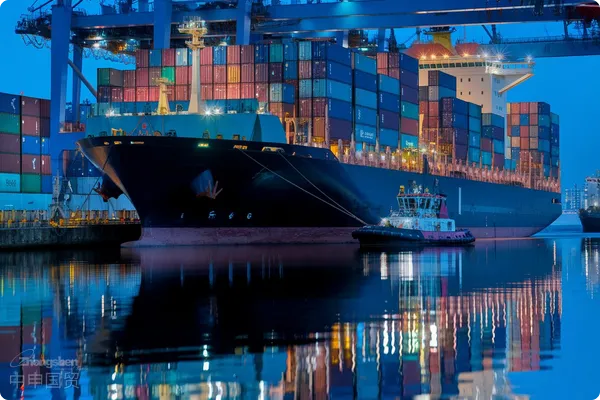
Customs Clearance: Directly Working with a Customs Broker vs. Using an Agent
In foreign trade operations, customs clearance is a crucial step. You can choose to work directly with a customs brokerCustoms Brokeror use an agent to handle this for you. The key to making the right choice lies in your companys situation, your level of expertise, and your familiarity with foreign trade processes.AgencyIf you are a
Directly Working with a Customs Broker: Professional Direct Connection, Saves Intermediate Costs
knowledgeable foreign trade professionalwith sufficient understanding of import and export processes, then working directly with a customs broker is also a good option.Professional Direct Connection, Fewer Intermediate Steps
- : Communicating directly with a customs broker eliminates the intermediary agent layer. This makes information transfer more direct and faster, improving communication efficiency. For businesses highly sensitive to cargo timing and clearance speed, this approach allows better control over the process.: More Transparent Costs
- : Working directly with a customs broker saves on agent service fees, which is clearly a cost-saving method for budget-conscious companies. Transparent costs allow you to better manage expenses.: Higher Professionalism Required
- : However, working directly with a customs broker also demands higher professionalism from the business personnel. You need to have a thorough understanding of customs documentation, processes, and potential customs issues. If you are a beginner or unfamiliar with customs clearance procedures, direct interaction with a customs broker might lead to unexpected challenges.: On the other hand, if you
Using an Agent: Saves Time and Effort, One-Stop Service
don’t have much time or energy to deal with complex customs clearance processes, or if you lack knowledge about customs clearance, using an agent might be a better choice.Saves Time and Effort
- : An agent not only helps you find a customs broker but also assists in preparing all customs clearance documents and handling various cargo-related steps. This means you only need to confirm the progress with the agent, without personally communicating with the customs broker or filling out various forms, saving time and effort.: More Service Support
- : For companies with limited customs clearance experience, using an agent means you can get more support. The agent will follow up with the customs broker on your behalf, ensuring the entire process runs smoothly. If any issues arise, the agent usually provides solutions, giving you peace of mind.: Slightly Higher Costs
- : Of course, using an agent comes with relatively higher costs. After all, the agent company handles many tasks for you, and these services naturally incur corresponding fees. However, for companies with ample funds but limited personnel, this expense is entirely worthwhile. Trading money for time—why not?: Of course, the cost of hiring an agent will be relatively higher. After all, the agency handles many tasks for you, and these services certainly require you to bear the corresponding costs. However, for companies with ample funds but limited personnel, this expense is entirely worthwhile. Trading time for money—why not?
Customs Broker vs. Agent: How to Choose?
If youre still debating whether to work directly with a customs broker or use an agent, consider the following aspects:
Your Companys Situation and Resources
- If your company has team members well-versed in customs clearance procedures, you might considerworking directly with a customs broker, as this can reduce costs and improve communication efficiency.
- If your team is small, understaffed, or too busy with operations to handle customs clearance, thenhiring an agentmight be the wiser choice.
Your Foreign Trade Experience
- If youre an experienced foreign trade veteran who understands every step of import/export processes, you could trydirectly working with a customs broker, keeping everything under your control.
- If youre new to foreign trade and unfamiliar with various documents and operations in customs clearance, finding a reliable agent can save you much trouble,especially when exporting for the first time, where an agents assistance could be a lifesaver.
Your Requirements for Time and Efficiency
- If your shipment is extremely time-sensitive and you need to control every step to avoid customs delays, then theworking directly with a customs brokerdirect approach would be more suitable
- .If you prefer saving time and focusing on other business aspects without being bothered by customs matters, thenhaving an agent handle
Comparison Between Trading Companies and Manufacturing Factories
all the details is undoubtedly the best choice.The choice between working directly with a customs broker or using an agent is actually similar to whatforeign clients face when making purchases
: whether to work with a trading company or deal directly with manufacturers?Many clients actually prefer working with trading companies. Why? Becausetheyre lazy
. Rather than communicating directly with manufacturers about every detail, theyd rather leave these tedious tasks to trading companies. Trading companies can not only help negotiate prices but also provide one-stop services - from factory procurement to goods inspection, and finally arranging logistics. This model is very attractive to time-precious clients.Similarly,customs clearance agents play a comparable role
Conclusion: Find the Approach That Suits You Best
. If you partner with a reliable agent, you can delegate everything to them while focusing on client development and order management, without being troubled by minor details like customs clearance. Moreover, from a service value perspective, agents act as lubricants between clients and customs brokers, saving time and effort while potentially helping avoid certain risks.Ultimately, whether to work directly with a customs broker or choose an agent depends on your actual needs and business capabilities. If youre anexperienced foreign trade veteranhiring an agentIt wouldnt be a bad idea either.
After all, every aspect of foreign trade requires meticulous and professional handling to operate smoothly. Finding the right model for your business can make your operations more efficient and seamless. In the world of international trade, sometimes a measured approach to cutting corners can actually be a wise choice.
Related Recommendations
? 2025. All Rights Reserved. Shanghai ICP No. 2023007705-2  PSB Record: Shanghai No.31011502009912
PSB Record: Shanghai No.31011502009912
